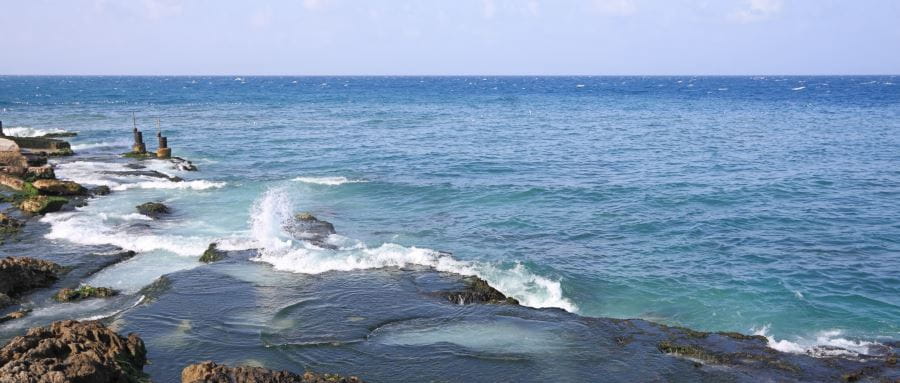
The beach is a great place to spend summer days, but it can also be the most dangerous.
DANGERS AND HAZARDS
Waves
- Plunging waves: this wave breaks with great force and can push swimmers to the bottom. These are also known as dumpers
- Spilling waves: this type of wave occurs when its crest tumbles down its front or face. Spilling waves can form tunnels or tubes
- Surging waves: this is the wave that seldom breaks as it nears the water edge. Water beneath the wave is very deep and the wave therefore does not slow down or gain height. Surging waves can knock swimmers down and carry them out to deep water
Currents
- Tidal currents are caused by the rise and fall of the tide. These currents don’t always flow into and out from shore; they may flow across or at an angle to the shore. This often occurs at the entrance to bays, inlets and river mouths.
- Runback currents are caused by the backwash of waves and are usually strongest where the beach is steep. Inshore or side currents are produced by waves breaking over a sandbank or by waves breaking at an angle to the beach, or both.
Rips
Rips are fast-flowing runback currents that are very dangerous for swimmers in the sea. Water always finds its own level so after waves break on to the beach the water flows out in the direction that causes the least resistance – this is a rip.
How to recognise a rip
- Discoloured water, brown in colour (due to sand stirred off the bottom)
- Foam on the surface that extends beyond the breaking wave
- A ripple appearance when the water around is generally calm
- Debris floating with the current
- Waves breaking larger and further out on both sides of the rip
STAY SAFE AT THE BEACH
- Always swim on a patrolled beach
- Read and obey the signs and lifeguards
- Always swim between the red and yellow flags
- Always swim with another person – never alone
- If you have any doubts about your ability to cope with the conditions, don’t enter the water
- Beware of digging deep holes, as the sides can become unstable and collapse